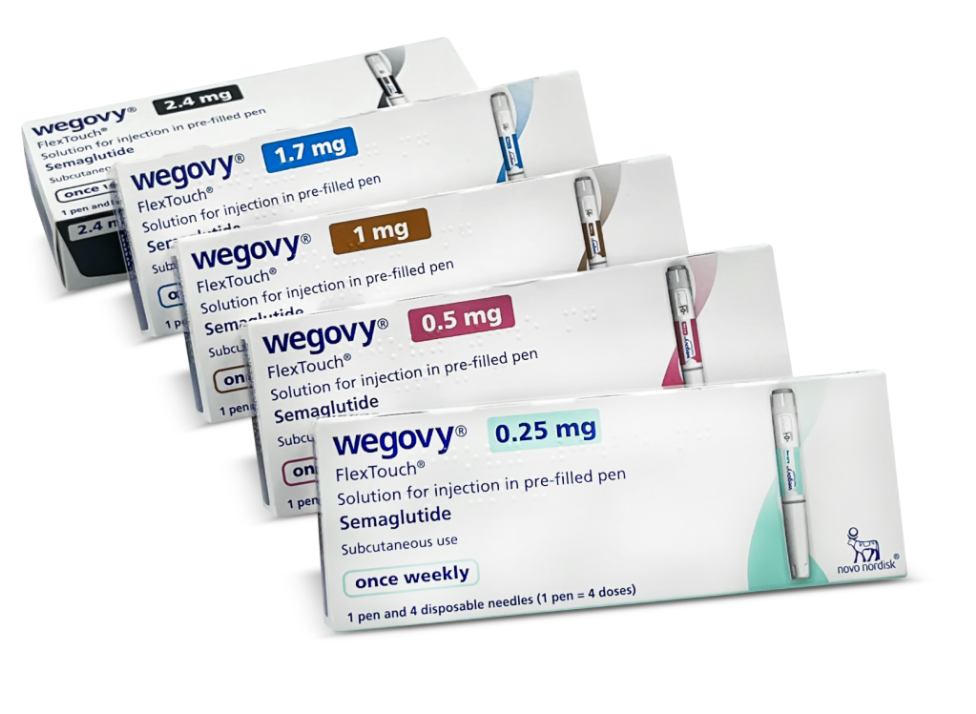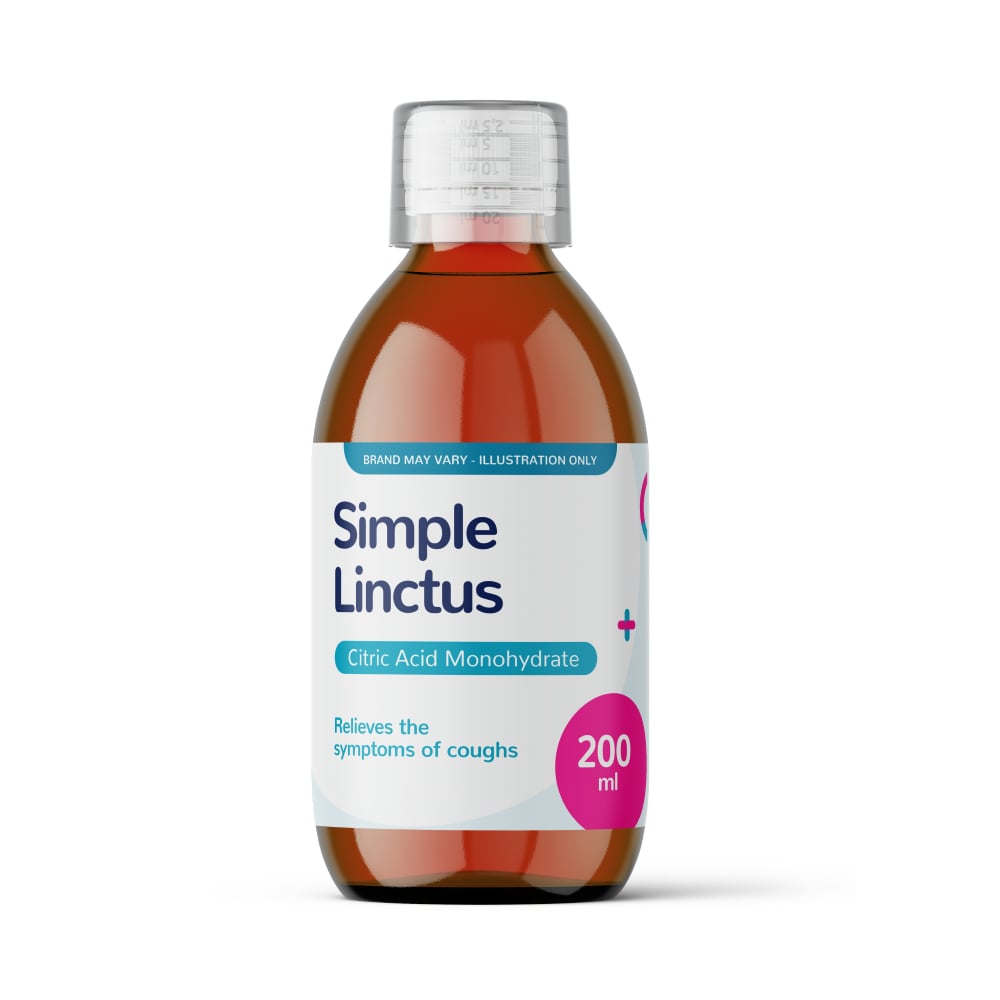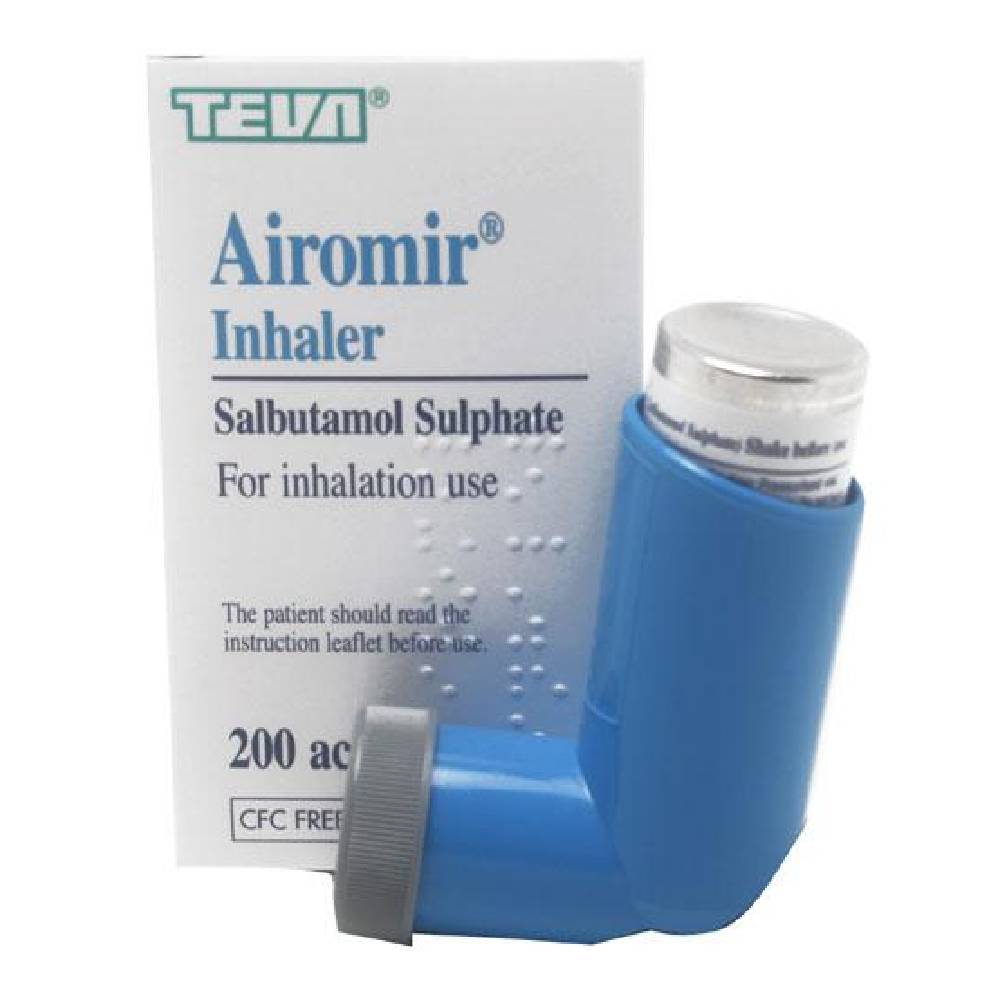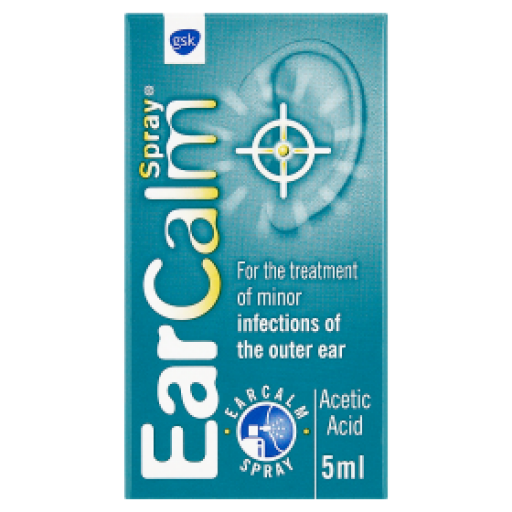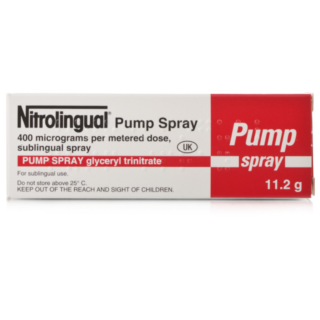Angina
Have you ever felt pain, tightness or pressure in your chest and wondered what on earth is going on? That feeling may well have been an angina attack[1]. … Read More See less
Angina itself isn’t dangerous[2]. However, it is known as an indicator of more serious heart conditions, such as[3]: coronary heart disease, valvular disease, hypertrophic obstructive cardiomyopathy and hypertensive heart disease.
Angina is a very common symptom of heart disease[4]. However, many people struggle to tell it apart from other common forms of chest pain, like heartburn. Keep reading to find out more about what angina is, what the symptoms are and what you should do about it.
What is angina?
Angina is a type of chest pain that occurs when the blood flow to your heart is reduced. This can cause your heart to beat harder and faster to gain more blood, which leads to pain[5].
There are several different types of angina, with different underlying causes:
- Stable angina (angina pectoris) – triggered when your heart muscle needs more oxygen than usual (e.g. if you’re exercising or very stressed) but can’t get it. Attacks usually only last around five minutes and improve with rest or medication. Stable angina attacks occur frequently, and the symptoms are very similar each time. This is the most common form of angina
- Unstable angina – unpredictable and occurs without any obvious triggers or when you’re at rest. It is caused by plaque blockages or blood clots in your arteries which prevent your heart from getting as much oxygen as it should. Unstable angina is typically more severe than stable angina and lasts for 20 minutes or more. The pain doesn't go away with rest or medication. If your heart can’t get enough blood, you can have a heart attack. Unstable angina is a medical emergency
- Variant angina (vasospastic angina or prinzmetal angina) – occurs at night when you’re resting, often during periods of stress. It is caused by a spasm (tightening) of the coronary arteries that bring blood and oxygen to your heart. This spasm temporarily reduces blood flow. The pain improves with medication. This is a rare form of angina
- Microvascular angina – occurs when you’re physically active or under stress and lessens when you rest. It is caused when the smallest blood vessels off your coronary arteries spasm or don’t widen as they should. If left untreated, this type of angina can lead to heart damage
Angina that lasts for more than three months and doesn’t improve with treatment is known as refractory angina[6].
Angina symptoms
The signs of angina can differ depending on the type you’re experiencing. As angina can be a medical emergency, it’s important to be able to identify which type you may have.
Stable angina
Stable angina causes[7]:
- Chest pain during physical activity
- Chest pain for five minutes or less
- Chest pain that may feel like gas or indigestion
- Pain that spreads down your left shoulder or arm
- Shortness of breath
- Dizziness
- Fatigue
Unstable angina
Unstable angina causes[8]:
- Tight or sharp chest pain that occurs without warning, often during rest
- Chest pain for 20 minutes or more
- Pain that may spread to your arm, jaw or back
- Shortness of breath
- Dizziness
- Nausea and vomiting
Variant angina
Variant angina causes:
- Chest pain while resting, often during periods of stress
- Pain that may spread to your arm, head, back, neck, shoulder or stomach
- Recurrent attacks that last between five to 15 minutes, possibly longer
- Sweating
- Nausea and vomiting
- Dizziness
Microvascular angina
Microvascular angina causes:
- Chest pain during physical activity or stress
- Chest pain that feels like heaviness, tightness, pressure or squeezing in your chest
- Chest pain for at least 15 minutes
- Sweating
- Nausea
- Dizziness
- Stomach pain
- Shortness of breath
- Exhaustion
Angina symptoms in women
Men and women can present with the same symptoms of angina. However, women can also present with slightly different symptoms of angina, meaning they can face delays when seeking treatment.
Angina symptoms in females can include:
- Discomfort in the neck, jaw, teeth or back
- A stabbing pain rather than pressure in their chest
- Stomach pain
Angina risk factors
The risk factors for angina include:
- A family history of heart disease
- Increasing age (45+ for men and 55+ for women)
- Stress
- Smoking
- Being at a higher weight
- An inactive lifestyle
- A history of previous health conditions (e.g., stroke, chronic kidney disease, peripheral artery disease and metabolic syndrome)
- Certain medications (e.g. for migraines)
- Drug use (e.g. cocaine and other stimulants)
How is angina diagnosed?
Your GP will ask you questions about your symptoms and any risk factors, such as whether you have a family history of heart disease[9].
If they think you have angina, you will then be referred to a heart specialist (cardiologist) who may use additional screening methods to identify which type of angina you have. These include:
- Blood tests – to test for proteins that can indicate whether you may have had a heart attack
- Electrocardiogram (ECG) – to check the electrical activity of your heart, whether it is beating too fast or too slow and assess whether you may have had a heart attack
- Coronary angiogram – uses X-rays to create images of the heart, so your consultant can check the inside of your heart’s blood vessels
- Magnetic resonance imaging (MRI) or computed tomography (CT) – uses a magnetic field and radio waves or X-rays, respectively, to create images of the heart, so your consultant can identify any damage to the heart
- Stress test or nuclear stress test – involves walking on a treadmill so that your consultant can check your heart while it is working harder. If you have a nuclear stress test, a radioactive tracer will be injected into your bloodstream so that a scanner can show how the tracer moves through your heart’s arteries
- Echocardiogram – uses sound waves to create images of your heart in motion and show how blood flows through your heart. An echocardiogram may be performed during a stress test
How can angina be treated?
Treatment for angina includes[10]:
- Medications
- Lifestyle changes
- Surgery
Medications
A medication called glyceryl trinitrate is often used to treat the immediate symptoms of angina. This can relax the heart’s arteries and other blood vessels and reduce the heart’s workload. Glyceryl trinitrate is usually given as:
- Slow-release tablets
- A fast-acting spray or tablet
You will need to keep this medication with you at all times in case you have an angina attack.
Alongside lifestyle changes, you may be given medications such as:
- Aspirin – to prevent blood clots
- Beta blockers – to slow your heart rate
- Statins – to lower your cholesterol
- ACE inhibitors – to reduce your blood pressure
- Calcium channel blockers – to relax your arteries and increase blood supply to the heart
Lifestyle changes
Making certain lifestyle changes can help you reduce your risk of coronary heart disease and lower your chances of having more angina attacks in the future. These include:
- Quitting smoking – as smoking can clog your arteries
- Eating a healthy, balanced diet – to control your blood pressure and cholesterol levels
- Getting regular exercise – to help manage your weight
- Finding ways to manage your stress – such as meditation or yoga
- Keeping diabetes under control – by managing your blood sugar levels
Surgery
In some cases, you may be recommended to have a surgical procedure that can help to increase the blood flow to your heart.
There are two types of procedures used to treat angina:
- Coronary artery bypass graft (CABG) – a section of a blood vessel is taken from another part of the body and used to re-route the flow of blood past a blocked or narrow section of artery
- Percutaneous coronary intervention (PCI) – a narrowed section of artery is widened using a balloon and a tiny tube called a stent. This procedure is also known as a coronary angioplasty
Sources
- https://www.nhs.uk/conditions/angina/
- https://www.bhf.org.uk/informationsupport/conditions/angina
- https://cks.nice.org.uk/topics/angina/
- https://www.mayoclinic.org/diseases-conditions/angina/symptoms-causes/syc-20369373
- https://my.clevelandclinic.org/health/diseases/21489-angina
- https://www.heart.org/en/health-topics/heart-attack/angina-chest-pain/refractory-angina
- https://www.heart.org/en/health-topics/heart-attack/angina-chest-pain/angina-pectoris-stable-angina
- https://www.heart.org/en/health-topics/heart-attack/angina-chest-pain/unstable-angina
- https://www.mayoclinic.org/diseases-conditions/angina/diagnosis-treatment/drc-20369378
- https://www.nhsinform.scot/illnesses-and-conditions/cardiovascular-disease/heart-disease/angina/#treating-angina

Free delivery when you spend over £39

100% discreet delivery for every item ordered

Fully regulated UK pharmacy


